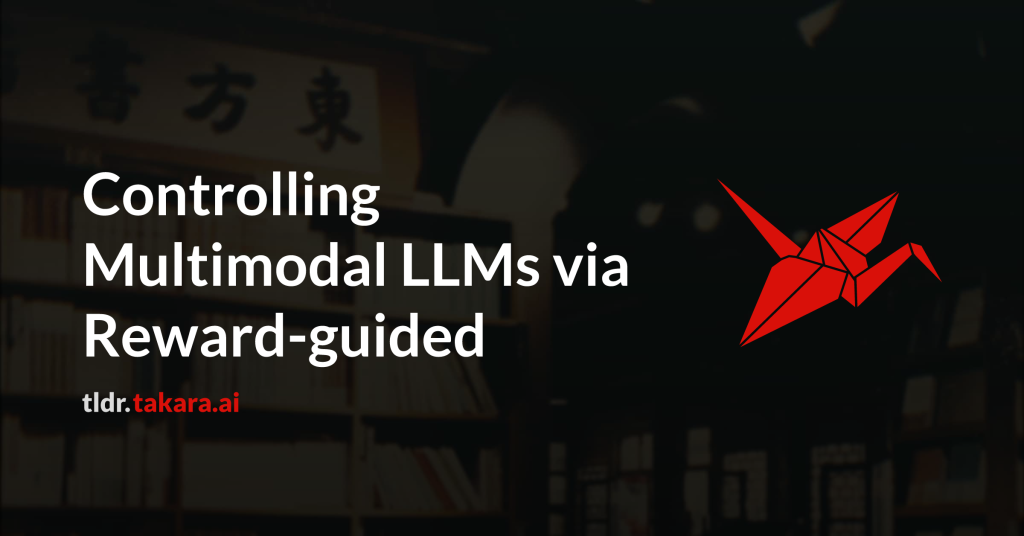As Multimodal Large Language Models (MLLMs) gain widespread applicability, it
is becoming increasingly desirable to adapt them for diverse user needs. In
this paper, we study the adaptation of MLLMs through controlled decoding. To
achieve this, we introduce the first method for reward-guided decoding of MLLMs
and demonstrate its application in improving their visual grounding. Our method
involves building reward models for visual grounding and using them to guide
the MLLM’s decoding process. Concretely, we build two separate reward models to
independently control the degree of object precision and recall in the model’s
output. Our approach enables on-the-fly controllability of an MLLM’s inference
process in two ways: first, by giving control over the relative importance of
each reward function during decoding, allowing a user to dynamically trade off
object precision for recall in image captioning tasks; second, by giving
control over the breadth of the search during decoding, allowing the user to
control the trade-off between the amount of test-time compute and the degree of
visual grounding. We evaluate our method on standard object hallucination
benchmarks, showing that it provides significant controllability over MLLM
inference, while consistently outperforming existing hallucination mitigation
methods.

